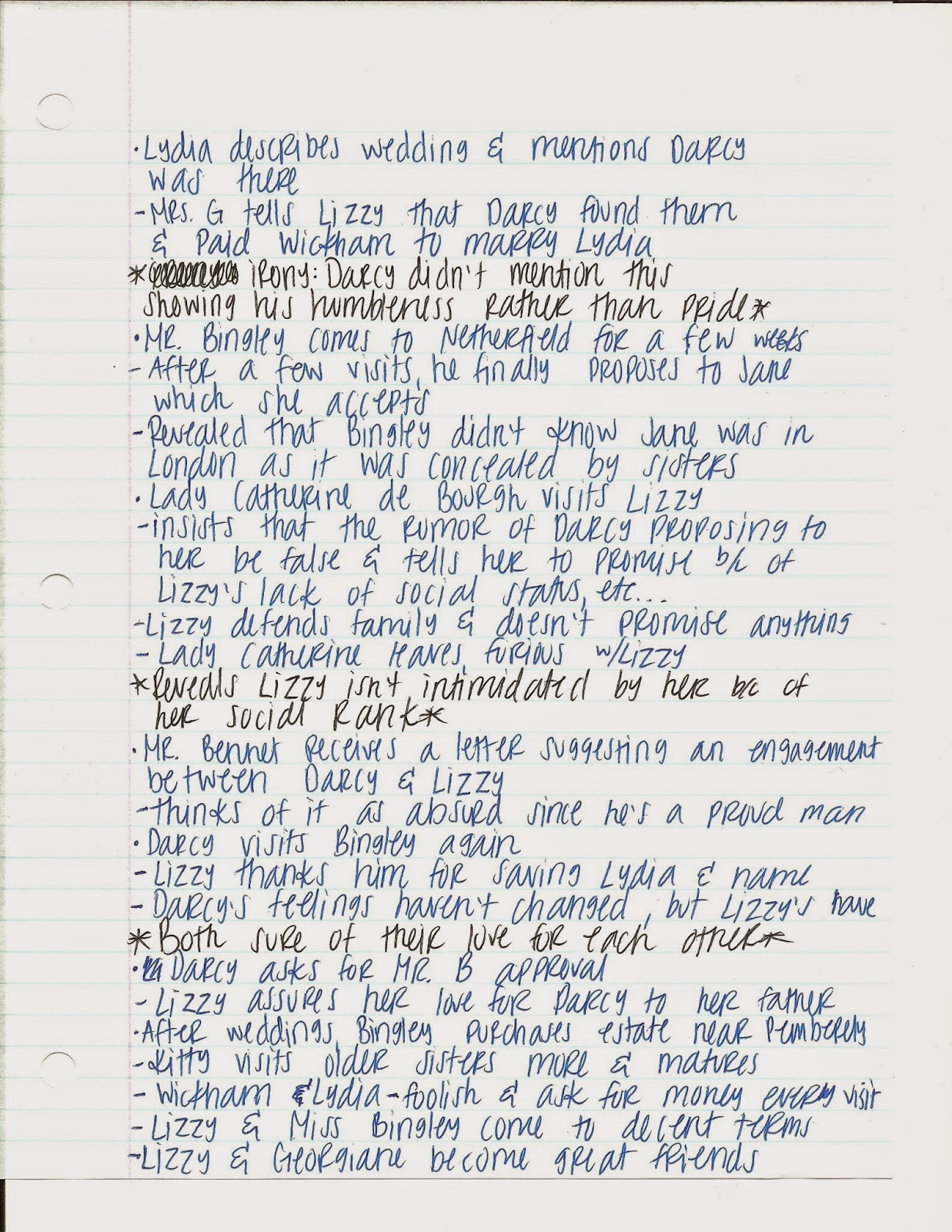It's amazing how in a matter of 2.5 seconds a wave of thoughts ranging from feelings, memories, analytical perspectives of our environment at the moment and thoughts about what we're going to eat for lunch or if we're even hungry at all, can flood our brain so quickly yet intertwine with another wave of thoughts on a whole different level of consciousness. David Foster Wallace accurately describes thoughts like this as "too fast and huge and all interconnected for words to do more than sketch the outlines." The most extravagant part of it all is how the human brain's natural stream of consciousness can be so rapidly expedient that you would think it's almost impossible to present such thoughts in a displayable presentation, yet Michel de Montaigne defies the law of nature in his novel Essays by Michel de Montaigne. Wallace's statement complements Montaigne's random thoughts conveyed in his story and the use of bouncing around from one topic, idea and emotion to the next through his essays and techniques created to indirectly state the emotions or perspective of life through his literary master pieces. In Montaigne's novel he's discovered how to snatch thoughts out of his stream of consciousness and transport them through his hands onto a piece of paper creating a visual of his stream of consciousness.
Montaigne's technique throughout his pieces of literary work consisted majority of the stream of consciousness- thought regarded as a succession of ideas and images constantly moving forward in time. Montaigne's thoughts were constantly flowing and he couldn't grasp a handle on them until he realized how to gather all his thoughts and compress them into a well organized mind map. He mastered how to map out all of the interconnected thoughts that ram shacked his mind by choosing to write about whatever topic came to mind such as religion, education, etc. He would adumbrate each topic that came to mind as much as possible and write about them, and once a new topic burgeoned in his mind, he would begin to elaborate more on the next topic, never seizing to cut off any thoughts that traveled through his busy mind while also keeping each piece focused and flowing together unambiguously. Although, this was just the beginning of "sketch[ing] the outlines of at most one tiny little part of it."
Story-telling soon burgeoned from essays, as essays are the foundation to any praise-worthy novels. Stories are another technique for presenting a stream of consciousness into a literary work, although it is a rather indirect thought process being presented. Authors have created fictional novels based on real ideas, people, places, etc. as a way to conceal their thoughts about their perspective of life while still airing out their dirty laundry but being concealed with a fence where outsiders can peek through the cracks. In the novel Pride and Prejudice, Jane Austen exploits her reluctance of her time's attitude towards marriage by writing of a character (Elizabeth), as one might say, defiant towards the arranged marriages. Elizabeth is a head-strong character who chooses love over what "suits her in a social rank sense" even though her background is not much of a highly ranked status. Through the story Austen was able to evoke her feelings towards her society without directly putting it on blast. The analytical reader can hypothesize that Austen witnesses a lack of love in marriages or wishes herself to find love rather than social status or even longs for both love and wealth altogether. As you can see there's a plethora of ideas or thoughts that can flood a mind on one topic. In a sense authors are able to beguile the reader into placing them in their minds without them even realizing it due to the misinterpretation of the reader believing they're just reading a story for mere entertainment. Novels, essays and other written literary work are ways authors utilize their resources to place people down a river with what they can gather from their stream of consciousness.
Montaigne can be considered an apotheosis of the visual stream of consciousness. He laid the foundation for authors of every era to utilize their chain of thoughts into a novel, analytical essay, etc. When all these thoughts aggregate with one another, an unfathomable amount of diverse thoughts come together creating a train of thoughts down a fleeting track. At times this can be hard to take a hold of as thoughts can soar from one end of the world to the other in every direction possible without any inhibitor making it challenging for "words to do more than barely sketch the outlines" as Wallace likes to put it. By actively collecting his reflections, Montaigne was able to allow readers to step into his mind and take a glimpse at the chaos of his thought process.















